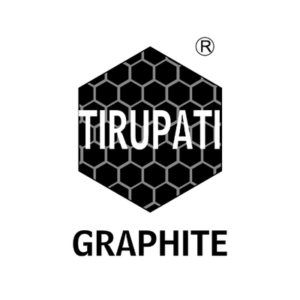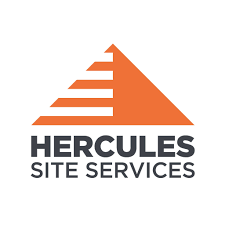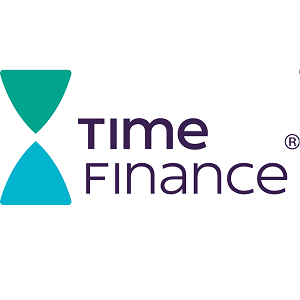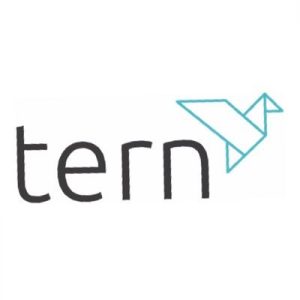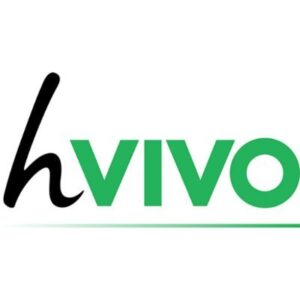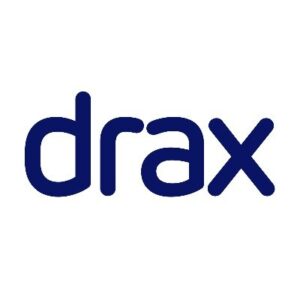The battery industry is currently witnessing a wave of innovation, propelled by the quest for more efficient and high-performing technologies that can provide substantial market advantages. Recently, sodium-ion batteries have garnered renewed interest due to their cost-effectiveness. These batteries are becoming increasingly significant in energy storage and electric mobility, although several challenges must be overcome before they can be broadly commercialised.
Sodium-ion batteries function on principles akin to those of lithium-ion batteries. Both sodium and lithium belong to Group 1 of the periodic table and share many physical and chemical properties. Research on sodium batteries began between 1970 and 1990, around the same time as lithium batteries. However, lithium batteries were commercialised more successfully, which led to sodium batteries being overshadowed.
Sodium-ion and lithium-ion batteries operate on the same basic principle, using ions to store and transfer energy. During charging, sodium ions move from the cathode (positive electrode) to the anode (negative electrode) through the electrolyte. When discharging, the ions return to the cathode, generating an electric current. A sodium battery comprises a cathode made of sodium-containing material, a carbon-based anode, and a liquid electrolyte with sodium ions. This configuration enables ions to move between the cathode and anode, facilitating energy storage and release.
Despite these similarities, sodium differs significantly from lithium in certain respects. Sodium ions are larger and heavier, leading to greater mechanical stress during charge cycles, which results in faster cell degradation. Consequently, sodium batteries have a shorter cycle life compared to lithium batteries. Additionally, sodium batteries have a lower standard reduction potential, leading to a lower maximum voltage and energy density. A sodium battery stores about 40% less energy than a lithium battery of the same weight.
Sodium batteries offer several benefits. Sodium is the sixth most abundant element in the Earth’s crust, making these batteries economically competitive. They are also safer, as sodium-based cells are non-flammable and less prone to explosions or short circuits. Furthermore, sodium batteries operate effectively over a wider temperature range (-20°C to 60°C) compared to lithium batteries (0°C to 50°C). The extraction and processing of sodium require less energy, reducing the environmental impact.
However, sodium batteries also have limitations. They have lower energy density (140-160 Wh/kg) compared to lithium-ion batteries (180-250 Wh/kg) and a shorter cycle life due to the greater mechanical stress caused by the larger mass of sodium ions.
Despite these drawbacks, sodium batteries could serve as an alternative to lithium batteries in applications where cost is more critical than performance. They are particularly suitable for stationary energy storage systems, such as those used in photovoltaic and wind power systems, due to their safety and ability to handle frequent charge-discharge cycles. Nonetheless, their current short cycle life limits their widespread use in these applications.
The sodium-ion battery market is expected to grow at an annual rate of 27% over the next decade, with production anticipated to increase from 10 GWh in 2025 to approximately 70 GWh by 2033. The similarity in production technology between sodium and lithium cells could facilitate the transition and make sodium-ion batteries more cost-effective.
DG Innovate plc (LON:DGI) is an advanced research and development company pioneering sustainable and environmentally considerate improvements to electric mobility and storage, using abundant materials and the best engineering and scientific practices. Deregallera is a subsidiary of DG Innovate.






